




About Nyanga
Nyanga, located in the Eastern Highlands of Zimbabwe, is a breathtaking destination known for its stunning landscapes, rich history, and vibrant culture. The town is surrounded by the Nyanga National Park, which features rolling hills, waterfalls, and the highest peak in Zimbabwe, Mount Nyangani. Visitors can explore ancient ruins like the Nyangwe Fort, a relic of the pre-colonial era, or enjoy outdoor activities such as hiking, fishing, and birdwatching. The region is also famous for its tea and coffee plantations, offering a unique glimpse into local agriculture. Nyanga's cool climate and scenic beauty make it a perfect retreat for nature lovers and adventure seekers alike.
Useful info about Nyanga
Best Time To Visit
The best time to visit Nyanga is during the dry season from April to October when the weather is mild and ideal for outdoor activities. The rainy season (November to March) can make some roads impassable but brings lush greenery and fewer tourists.
Getting Around
Public transportation in Nyanga is limited, so renting a car is the most convenient option. Taxis and shared minibusses are available but may not be reliable for remote areas. Bicycles can also be rented for exploring the town and nearby attractions.
Local Customs
Nyanga is a culturally rich area where traditional Shona customs are still practiced. Visitors should greet locals respectfully, using 'Mhoro' (Hello) in Shona. It's customary to remove shoes when entering someone's home. Respect for elders and community leaders is highly valued.
Health & Safety Info
Visitors to Nyanga should ensure they are up-to-date on routine vaccinations. Malaria is not a significant risk in the highlands, but it's advisable to take precautions if traveling to lower-lying areas. Tap water is generally safe, but bottled water is recommended for those with sensitive stomachs.
Nyanga is relatively safe, but travelers should take standard precautions such as avoiding isolated areas at night and keeping valuables secure. Wildlife encounters in the national park should be approached with caution; always follow park guidelines.
Languages
Shona
English
Ndebele
Emergency Numbers
Police: 995
Ambulance: 994
Fire: 993
Miscellaneous
Calling code: 263
Driving side: Left
Government: Local Municipality
Area(km²): 1,200
Population: 0.1 million
Electricity: Type D, G; 220V, 50Hz,
Read More about Sockets Types
Timezone: Africa/Harare +02:00 (GMT)



